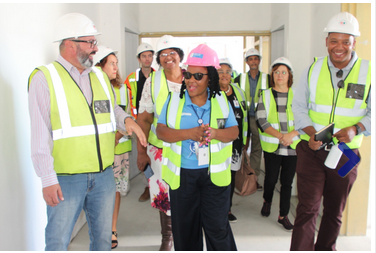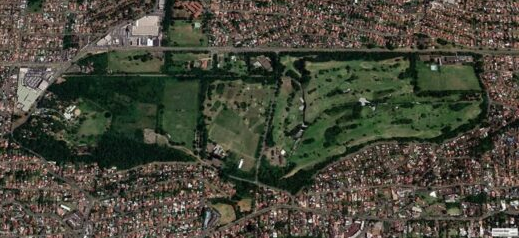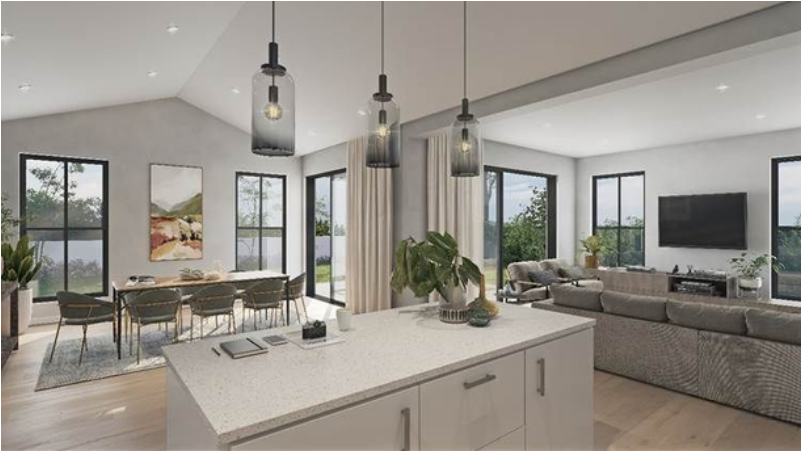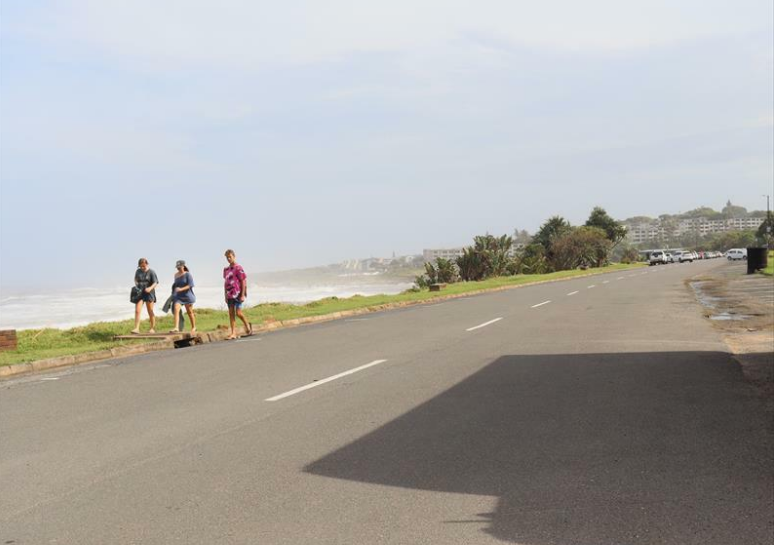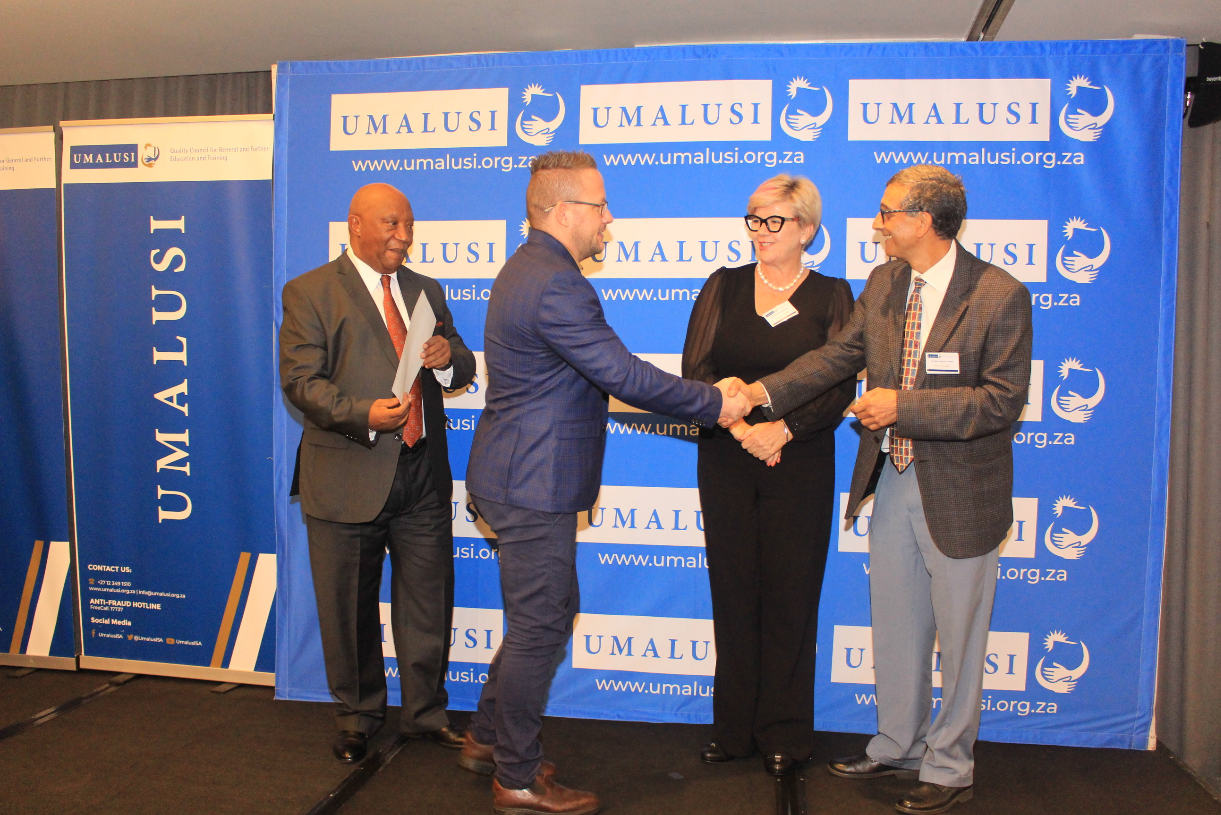Township shopping centres sustain Synergy growth

02-09-2014
Read : 50 times
SA Commercial Property News
Source
Although there is a general slowdown in SA's consumer spending, Synergy Income Fund, which is focused on medium-sized community and small regional shopping centres in high-growth nodes, is still steaming ahead.
A strong performance from its township shopping centres helped to boost Synergy’s distribution showing growth of 5% for its A linked unitholders and 12% for its B linked unitholders for the year to 30 June 2014.
With retail assets including Gugulethu Square Shopping Centre in the Western Cape, Mpumalanga’s Highland Mews Shopping Centre and Ruimsig Shopping Centre in Johannesburg, Synergy grew revenue by 26% to R303 million and its distributable income increased by 9% to R102 million.
Synergy CEO William Brooks said this reflected the "defensive quality of its shopping centre assets in a depressed economy".
During the year, its combined market capitalisation increased by R52 million, to R1.313 billion.
“We are still in an extremely tough macro-economic and social environment, which is characterised by subdued economic growth, rising inflation and interest rates, high unemployment, overly indebted consumers, labour unrest and increasing pressure on consumer spending,” says Brooks.
Synergy’s R10 million redevelopment of Ruimsig Shopping Centre in Roodepoort, Gauteng, is scheduled for completion next month. The property group is also upgrading Phase 3 at Richdens Village Shopping Centre in Hillcrest, KwaZulu-Natal for completion in November 2014.
Furthermore, Synergy recently acquired a property adjacent to the Ermelo Game Shopping Centre in Mpumalanga. It also has a further R10 million of capital expenditure projects planned for 2015 aimed at improving quality, appeal and operational efficiencies across its portfolio.
Stanlib head of listed property funds Keillen Ndlovu says the results were good, with overall rental reversion at +4.5% which is great in this environment.
Ndlovu says we like the hands-on nature of management, the strategy of the fund and the assets that they hold.
"However, Synergy may find it difficult to grow at the moment given the that gearing is on the higher side (38%) and only 51% is hedged. This could expose the fund when interest rates go up. This is also reflected in the guidance which is not as exciting as the results we have seen so far - where Synergy expects A units distribution growth to be 5% and for the B units, of 6%," Ndlovu concludes.
African Bank Investments Limited (ABIL) Exposure
The pressure on consumers has been evident in the demise of African Bank (Abil), which has been effectively placed under curatorship. Synergy has exposure to Abil through 12 of its shopping centre tenants.
These include Abil’s troubled furniture subsidiary Ellerines, Bears and Geen & Richards at Atlantis City Shopping Centre, Gugulethu Shopping Centre, Highland Mews Shopping Centre, Nzhelele Valley Shopping Centre and Setsing Cresent Shopping Centre.
Brooks says Ellerines might be the problem with seven stores, which represents 1.4% of Synergy’s gross lettable area and 1.6% of its gross monthly income.
However, Brooks says Synergy’s exposure to Abil is small, as the seven furniture stores in its portfolio are not a “huge undertaking even for us.”
Synergy was listed on the JSE in December 2011 with an initial portfolio of three small shopping centres. Today it owns 15 shopping centres in seven South African provinces at a value of R2,4 billion.
Recent News
Here are recent news articles from the Building and Construction Industry.
Have you signed up for your free copy yet?
